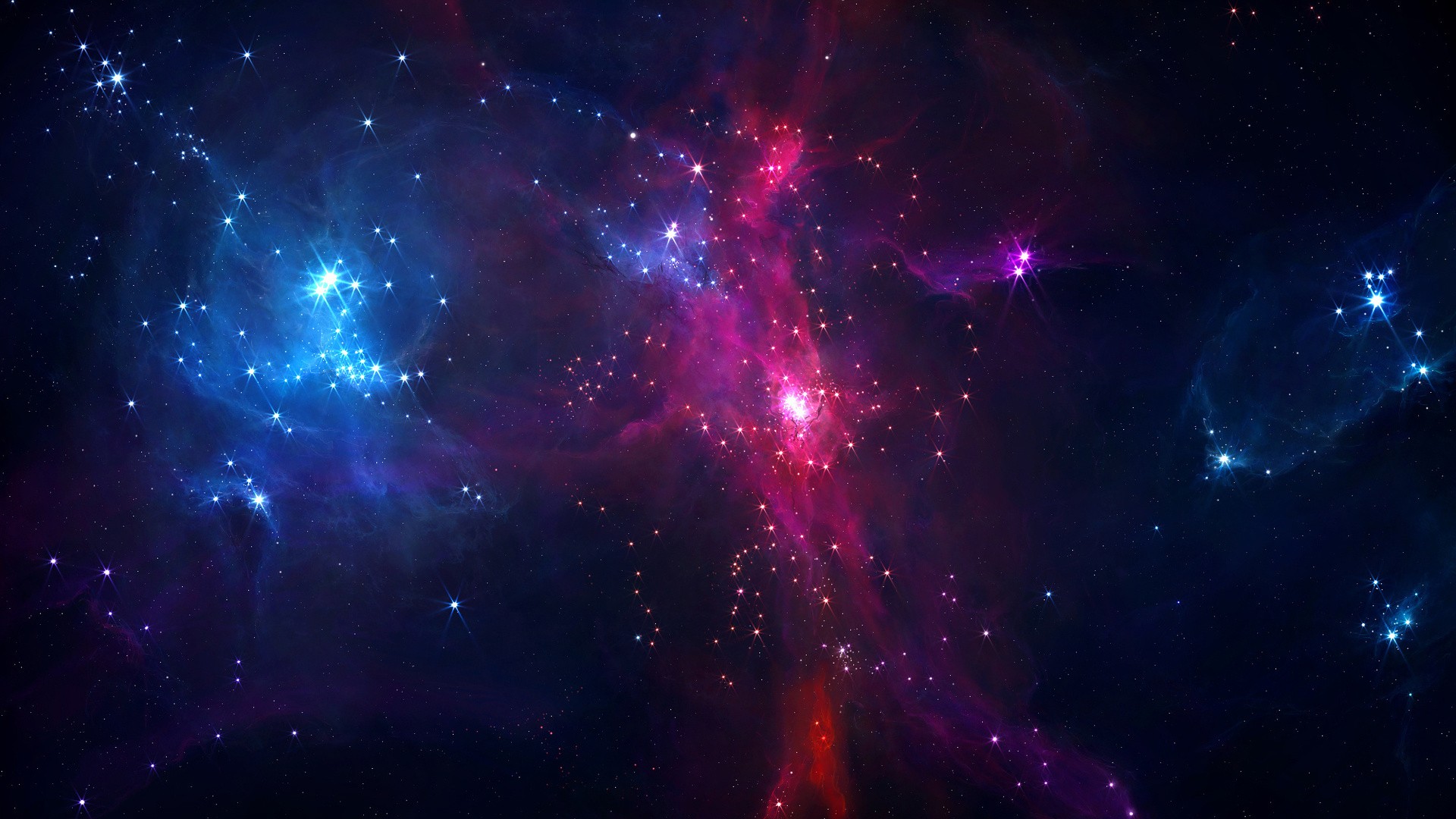
Now a Chinese observatory has superseded Arecibo. Installation of the 500-meter FAST radio telescope is complete, with the last triangular reflector put into place. The observatory is expected to begin observing the heavens in September.
Icy world 2015 RR245 has been classified a dwarf planet by the International Astronomical Union's Minor Planet Center. It was found using the Canada-France-Hawaii Telescope on Maunakea, Hawaii.

A team of astronomers have used the SPHERE instrument on ESO's Very Large Telescope to image the first planet ever found in a wide orbit inside a triple-star system.

Astronomers at last have a clear glimpse of the eye of a massive celestial storm.

Scientists have uncovered a chemical trail that suggests prebiotic conditions may exist on Saturn's largest moon Titan. This moon features terrain with Earthlike attributes.

The 500-meter dish will now listen out for signs of extra-terrestrial life.

The Asian country has embarked upon a long-term plan to colonize the Moon. The Long March 7 rocket has lifted off on Saturday from the Wenchang Satellite Launch Center.

The Curiosity Rover discovered manganese oxides on the red planet. The seemingly simple find actually has mind-boggling implications: ancient Mars could have been a lot more like Earth than we thought.

The galaxy we're zooming in is LEDA 36252. It's a tadpole galaxy 82 million lightyears away that has been steadily turning out new stars at an incredible rate for billions of years.

Wageningen University scientists determined four of the crops they cultivated in Mars-like soil are in fact edible.

While orbiting the sun, NASA's STEREO-A spacecraft has taken a look back at Earth, to also find Mars and Pluto in shot.

New images confirm the presence of a dark vortex on Neptune. Though similar features were seen during the Voyager 2 flyby of NASA

Astronomers working with the European Space Agency's (ESO) Very Large Telescope (VLT) in Chile have just announced that a black hole-observing device called GRAVITY is now fully operational and it's has already provided one accurate measurement.

A modeling paper published this week in Geophysical Research Letters offers a simple but fascinating explanation: partial freezing within a subsurface, liquid water ocean.

Astronomers have presented one of the most complete models of matter in the universe and predict hundreds of massive black hole mergers each year observable with the second generation of gravitational wave detectors.